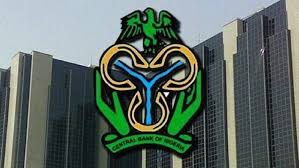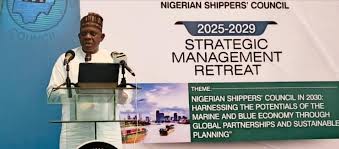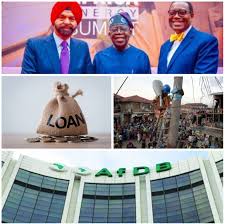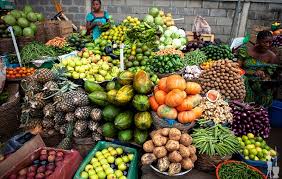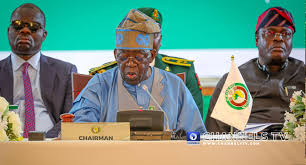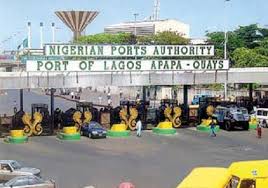More Nigerians are relying on their pension savings to acquire residential mortgage as the number of Retirement Savings Account, RSA, holders that transferred part of their pension savings into residential mortgage increased by 65.03 per cent quarter on quarter, QoQ, to 3,804 in the third quarter of 2024, Q3’24. This form of transfers recorded 2,305 in …


